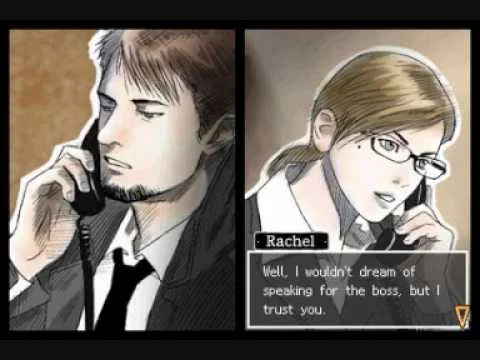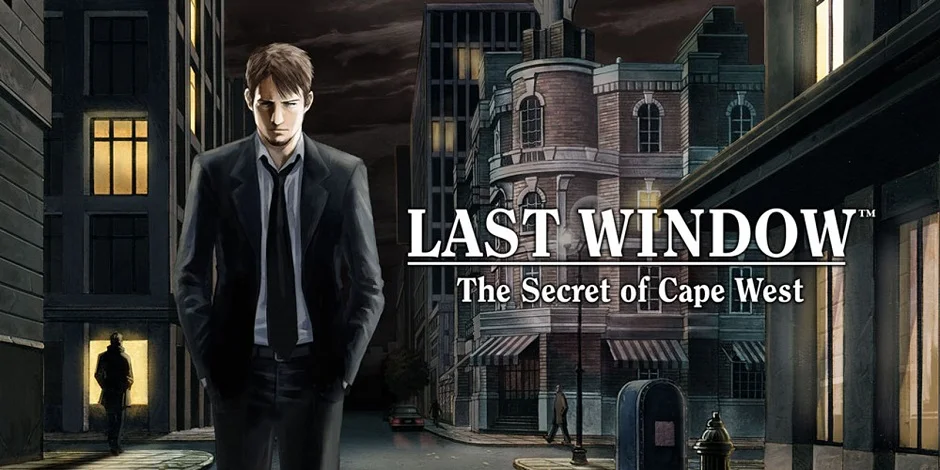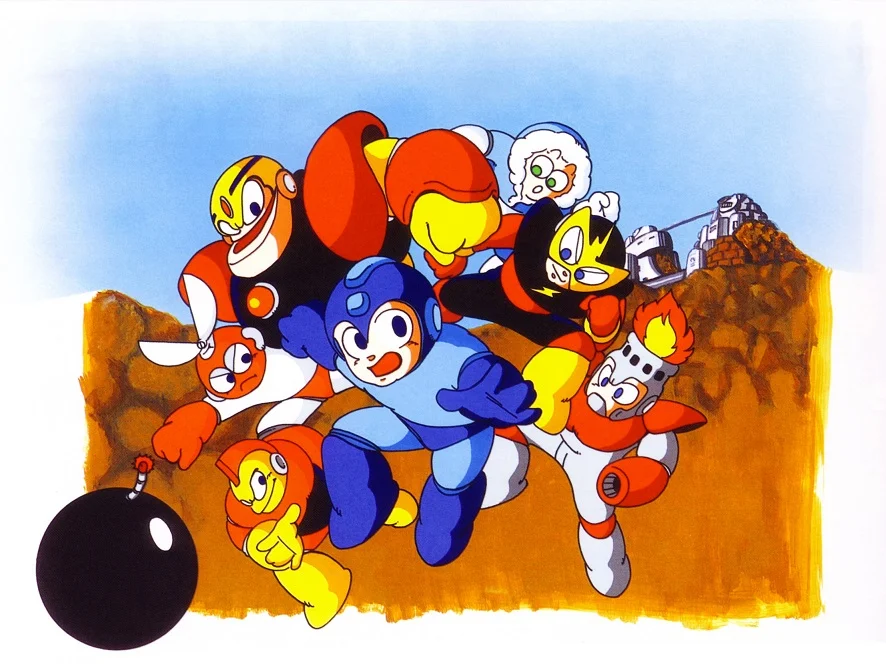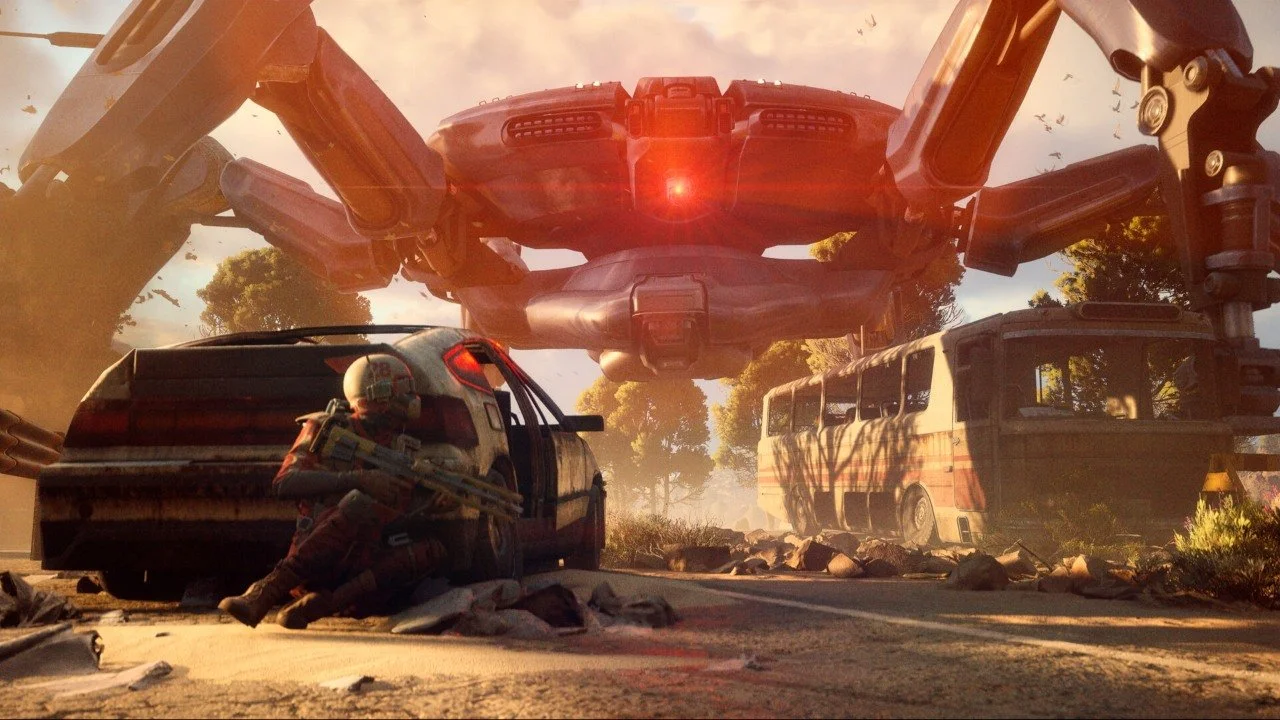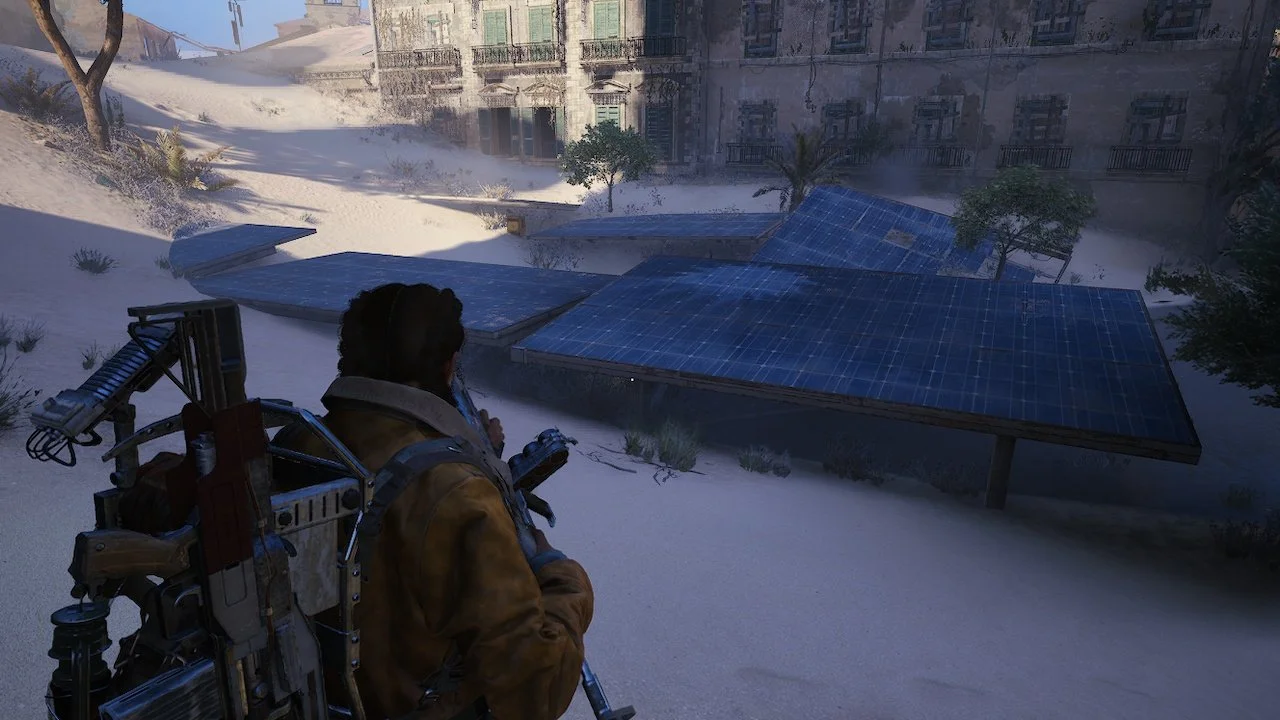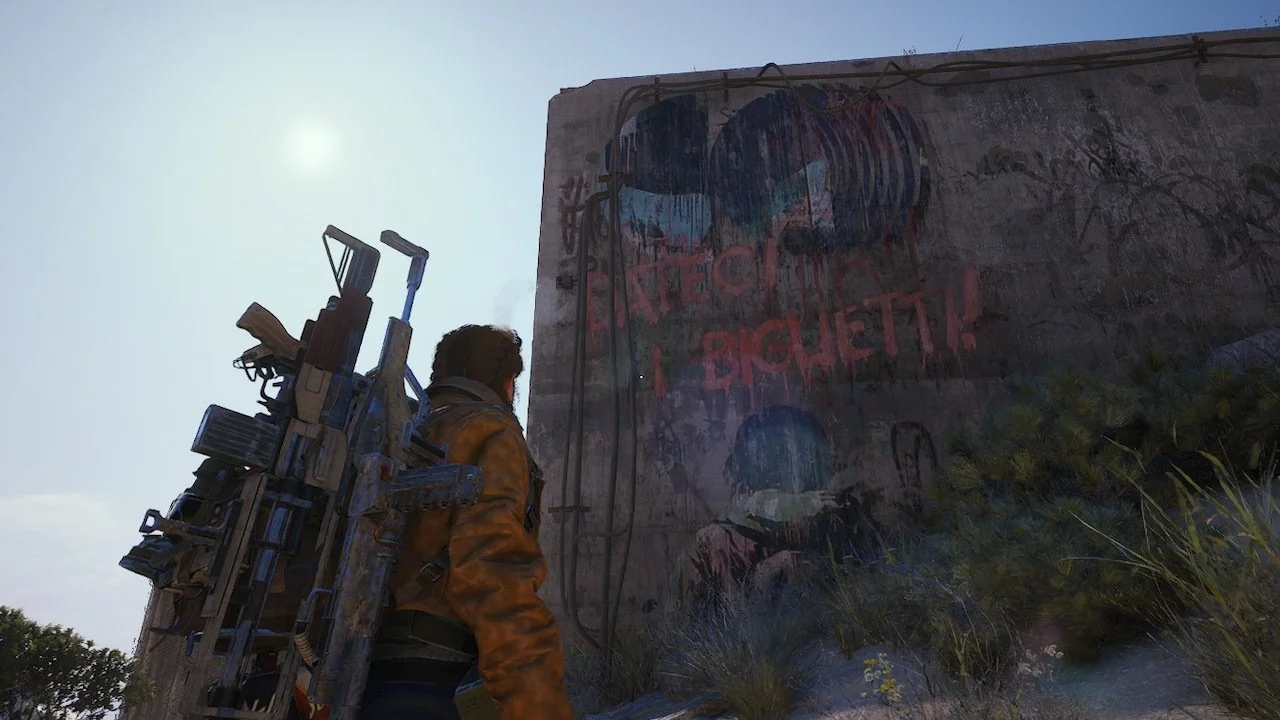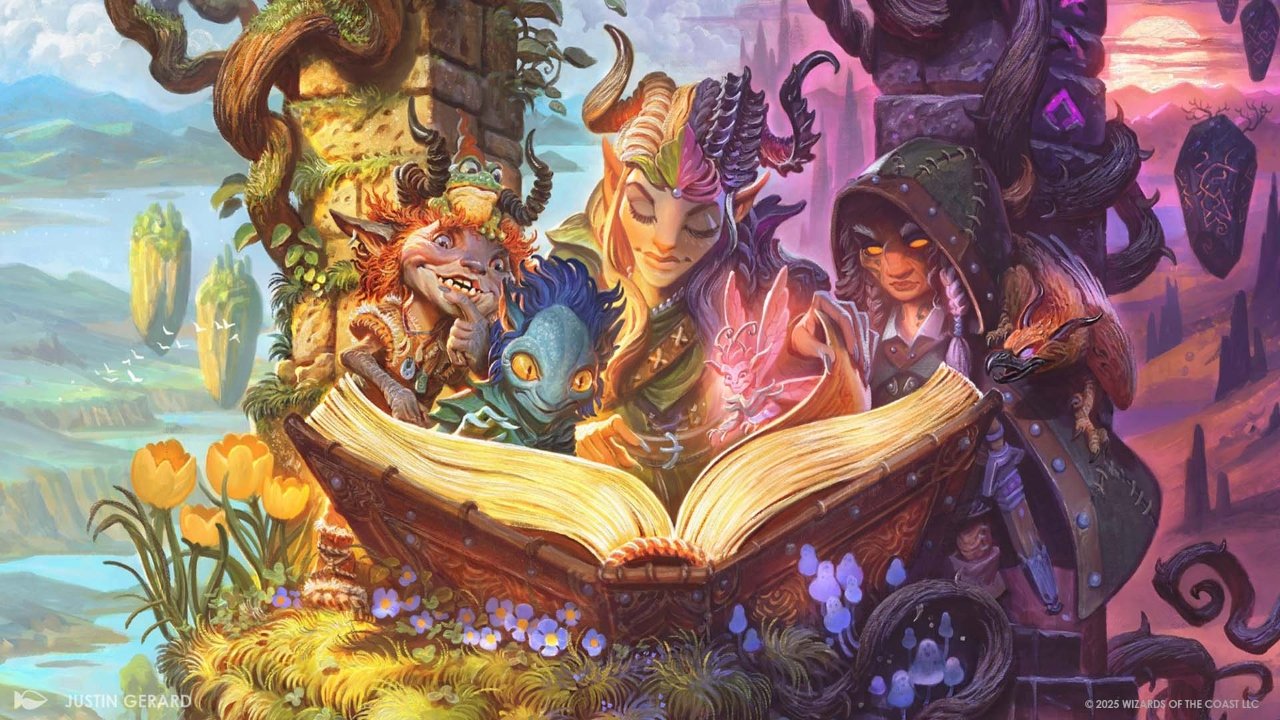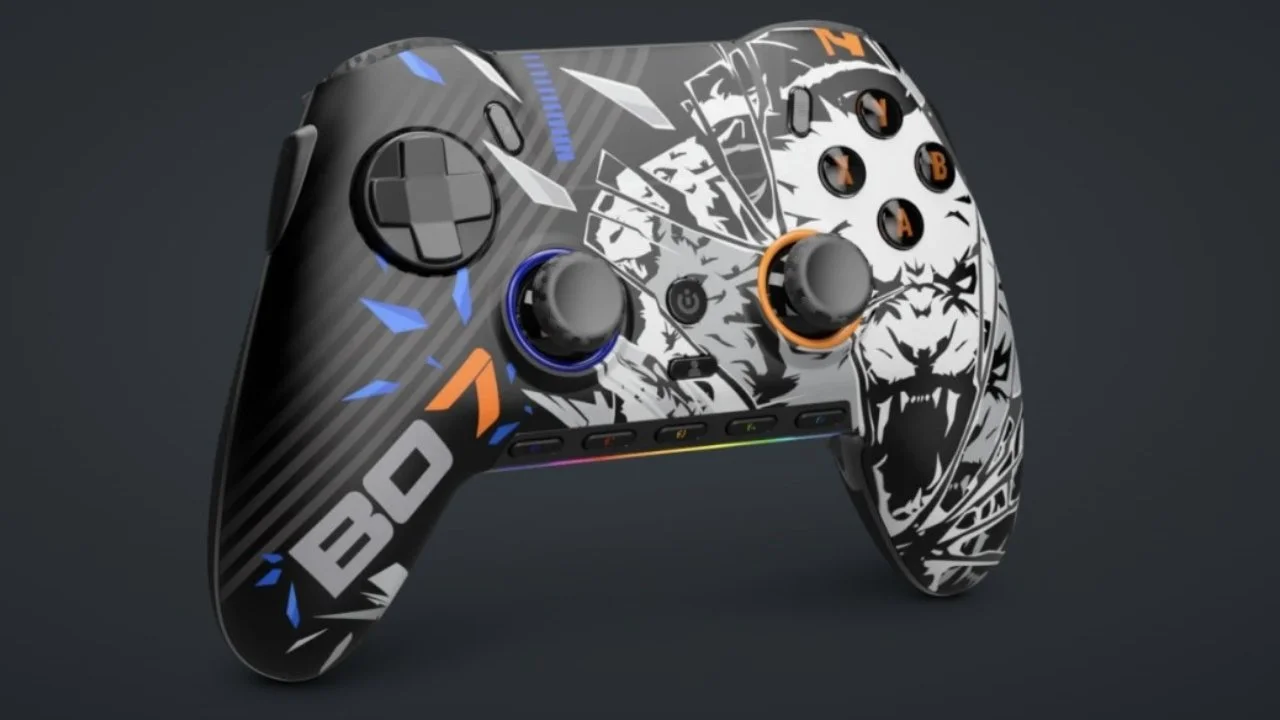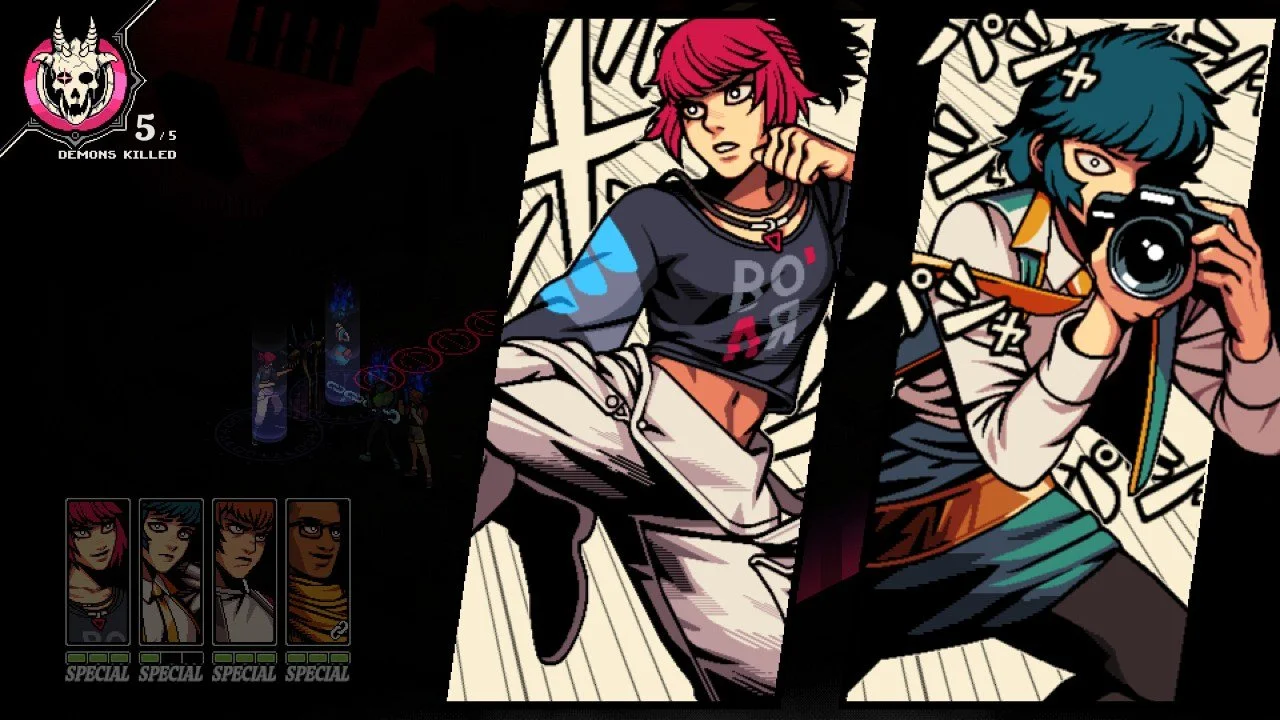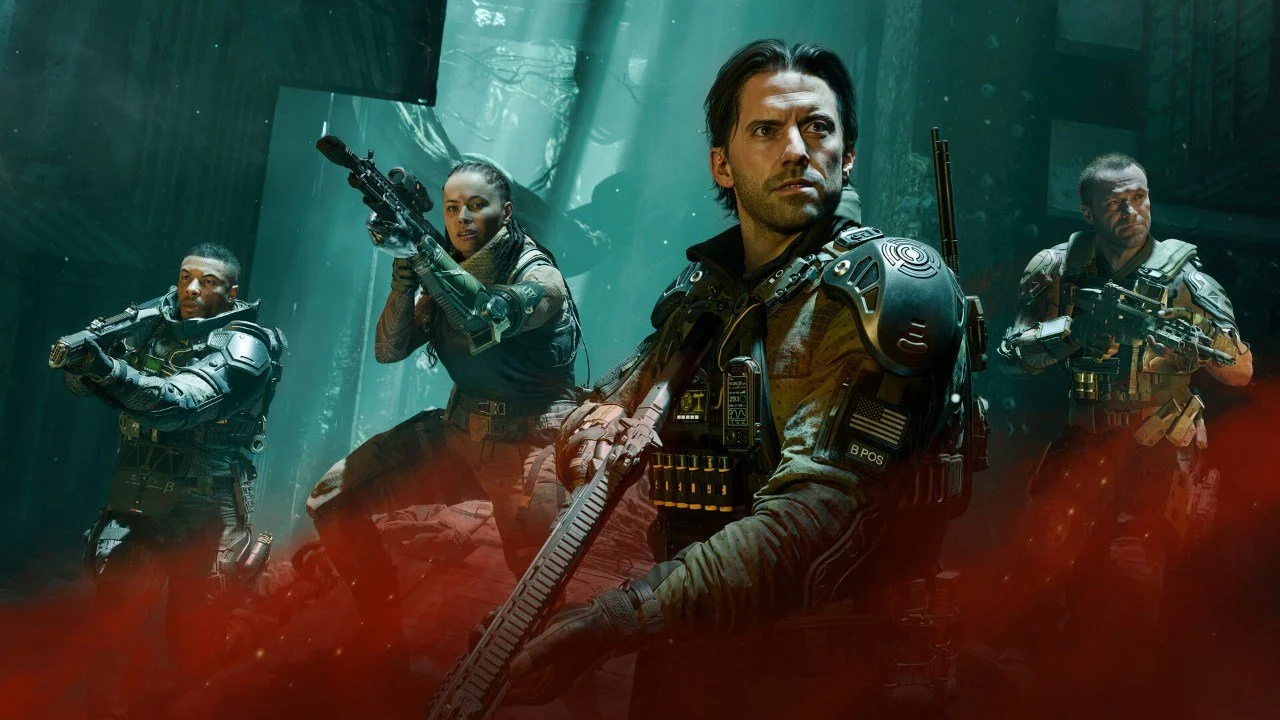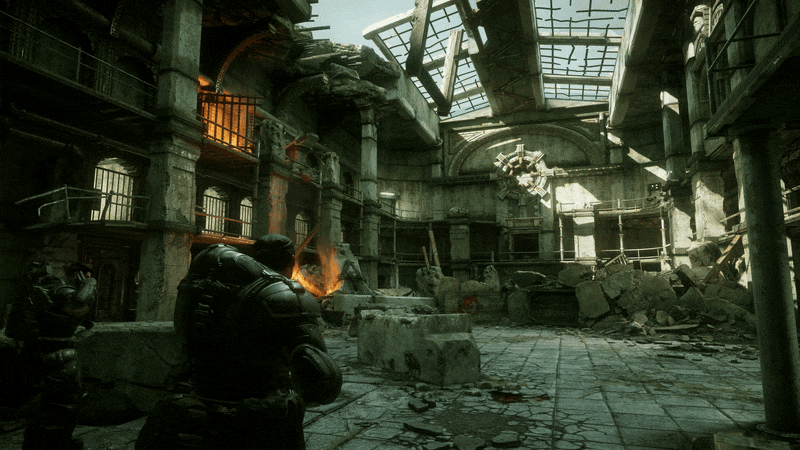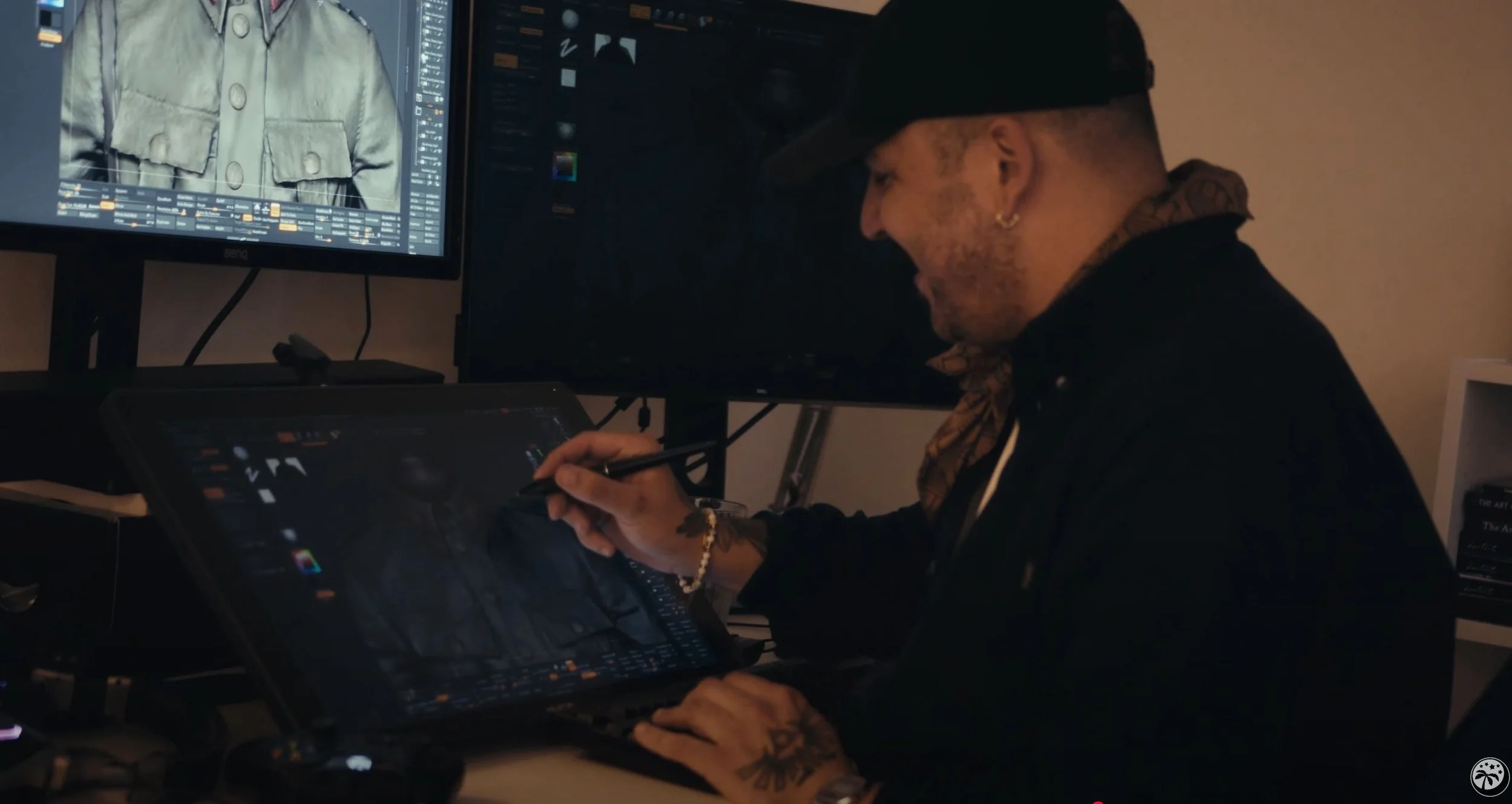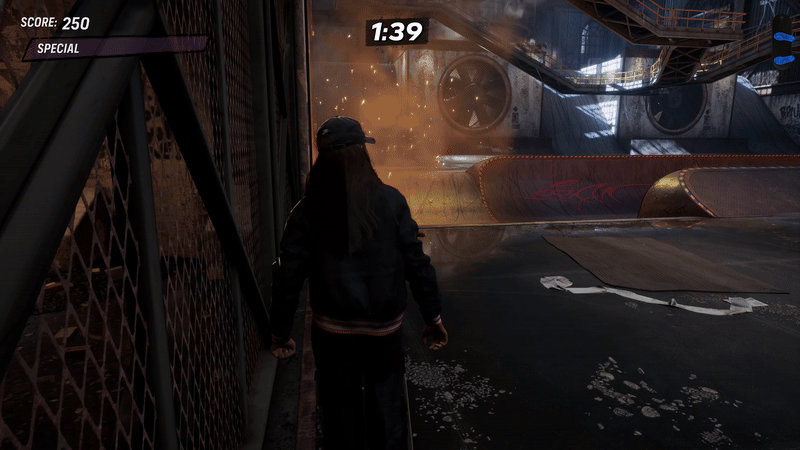Developer Spotlight Cing: Part 2
Welcome to part two of our retrospective of (now defunct) gamemaker Cing's entire body of work! If you missed part one, be sure to click here!
Hotel Dusk: Room 215 aka Wish Room: Angel's Memory
(2007, Cing/Nintendo Nintendo DS)
3rd time is the charm, so they say, and Cing's 3rd game is, without question, my absolute favorite of theirs and one of my top DS games in general. Wish Room: Angel's Memory, or as it was re-titled outside of Japan, Hotel Dusk: Room 215 is yet another point-and-click adventure game. for Nintendo’s two-screened handheld This detective-game-without-the-detective spent a whopping two years in development, mostly to get the sketchbook-like graphics of the game down pat. They remind of the "Take on Me" music video.
Hotel Dusk stars Kyle Hyde, a disgraced NYPD police officer who now works as a salesman in California for a door-to-door sales company called Red Crown. It's highly implied, but not outright stated, that Red Crown is actually a front by Hyde's boss to conduct unofficial investigations. A few years prior to the start of the game, Kyle was a promising young cop, but he was betrayed by his partner Brian Bradley in a case involving both organized crime and art smuggling. After falling into the Hudson river, Bradley was presumed dead, but Kyle doggedly believed that he faked his death. Kyle quits the force, and moves to the West Coast,, to start over but never stops obsessing over the case. Now, 3 years later, on a totally unrelated work assignment, he thinks that a hotel in The-Middle-of-Nowhere, California, Hotel Dusk, has some leads to this old case….
Above I said that Hotel Dusk is a point-and-click adventure game, and yes, this is true, but an even more accurate descriptor would be is that it's a "visual novel": a term that Nintendo of America would play up when it got reprinted (as part of Touch Generations) and one the developers seemed to have in mind in general. "Let's make this game an interactive book without pages!" To play Hotel Dusk, you have to position your DS vertically rather than horizontally. If you've played Rhythm Heaven DS or the alternate stance in Planet Puzzle League, you'll know what I'm talking about. This could be a turn off for some people, but I find that the stance works well enough with the style of the game and with the user interface.
Much like Trace Memory, when you move Kyle around, you'll be controlling his icon on the touch screen from a birds-eye view. There will be plenty of talking, asking questions, looking at things and so on. It plays entirely with the DS Touch screen controls. Yes, even saving the game is done with the touch screen. You can pretend you’re playing with a palm pilot. Remember those? You can also keep a memo of things in game in Kyle’s notebook. Write or draw however you like! But there’s only 3 pages, so don’t get carried away.
One character, Dunning, is the manager of the hotel, and I can’t stand this guy! This grumpy bastard hates cops and looks for any excuse to kick Kyle out of the hotel. If you go to the wrong place at the wrong time, or answer one of Dunning's questions, Kyle gets ejected and it’s an instant game over. Some of them are unpredictable, and some are so seemingly petty that they borderline on comical. It’s very comparable to some of the Leisure Suit Larry game overs. This is a part of the game design that I don’t think is 100% tight so make sure you’re saving often.
Even though the game takes places over the course of one night, you can play it at your own pace. There’s no time system like there in Glass Rose. There’s no ticking clock. Even though this is the case Kyle has been obsessing over the past 3 years, you can detour some time out to wander around the hotel. Hypothetically, you can make the night last over a day.
"It's a calendar. Great, now I can keep track of how long I've been standing here."
The method of storytelling that the game designers used is part-non-linear story telling and part a plot that is given to the player in threads that eventually weave for themselves. Ya see, truthfully, very little goes in the present of the game's narrative. A lot of what's currently and actively happening is mostly Kyle walking around, talking to people, and making observations. The player and by extension, Kyle, uncovers the secrets and traumas of the past to piece together the story for themselves. It’s all there, but the game doesn’t spoon-feed them to you. It's only towards the end of the game, once you make sense of all past events, does the game reach it's inevitable conclusion.
Kyle is an absolute wreck; he’s very cynical and generally pretty rude. The way Kyle conducts himself, his animations, his general demeanor, I’ve gotten this impression that he’s jaded that he’s more or less sleep-walking through life. Kyle barely ekes out an existence. He's world-weary and seemingly has very little to live for. The intro also implies that he gets drunk to dull out the all the noise; he gets hangovers regularly to which his boss has no sympathy for. The game gives us enough clues to suggest that he might be an alcoholic, but doesn’t quite spell them out for us.
By playing the game enough, you discover that underneath the wannabe tough guy facade that Kyle is ultimately kind and wants to do the right thing. For instance, the way he conducts himself with Melissa, the child who’s parents are divorced and misses her mom; the way he comforts her are genuinely touching. But Kyle is no angel. He’s no knight in shining armor. He’s no Superman, he’s no Captain America. Pragmatically, he uses the other characters in the game for information. And he does get frustrated when they impede his path. His follies make him come off as human, perhaps the most human of all Nintendo characters who have headlined their own game. He’s a bit harder edge than your general Nintendo protagonist. He's one of my favorite Nintendo characters, period.
Much like Trace Memory, and going back to the themes that are consistent with Rika Suzuki’s writing, Hotel Dusk deals with memories and the ghosts of the past. Because the game has more environments, characters and text to work with, there’s much more to than Trace Memory. The game implies that Kyle had a promising career ahead of him and he threw it all away because he couldn't let this one case go. Another character, Mila is so traumatized by being a crime she was a victim of when she as a child that she's been rendered entirely mute. You want them to find peace. Most of the guests of the hotel have some kind of dirty secret that either ties into Kyle's investigation or says something about them as a person. Every character serves a purpose. This is a mystery with no red herrings. (Except for one thing. And it’s an item, not a person. Guess which one.)
The style of the game: the music and graphics play a large part in the identity of an adventure game and that is very much apparently here. The rotoscoped graphics (that look like they were drawn frame by frame) make Hotel Dusk stand out. I love the animations, but I don’t understand why in some cutscenes and models characters are in color and why in others they’re monochrome. The monochrome palette goes best with the film noir vibe and wish they could have been more consistent with it. I feel the monochrome look reflects Kyle general attitude about the world. Sometimes you can almost infer it as symbolic. Like during Kyle's glory days as a police officer, his world is in color or when he calls his co-worker Rachel on the, her world is full of color, but Kyle's is grey. But then, in an early cutscene Rachel is colored in monochrome. A few other times... it seems random like when Kyle calls his boss at the start of the game and is in full color. Odd.
I'm trying to not give too much away, but once you figure out who the bad guy(s) is/are, you even might feel a mild degree of sympathy for them. They're just pawns in a larger scheme. A small part of an outside force that goes beyond the boundaries of the game world. The conflict of Hotel Dusk is not simply "a good guy defeats a bad guy". Kyle is too much of a damaged character to be a traditional hero. It's more complicated than that. The game is all about character conflicts. These are real-fictional people, with real-fictional problems.
The English version of Hotel Dusk features some of my favorite writing from a Nintendo of America translation. The quality of the translation script is superb and the liberties of localization were carefully and wisely implemented. No lines feel glaring out of place or overdone. This is a mystery game that is slightly more mature than most Nintendo fare. Certain vocabulary words chosen all fit the film noir detective vibe.
"It's been three years since I quit the force. Now I'm a salesman for this outfit called Red Crown. On the surface, Red Crown's a door-to-door sales firm dealing in household goods. Ed, the boss, has a little business on the side. He finds things that don't always want to be found, if you know what I mean. From time to time, I lend a hand. Ain't the greatest gig in town, but... Hell, I got nowhere to be and nothing better to do."
The dialogue in particular is very well done. Conversations either allow you to make sense of the past, or give you insight about who that character. is and what they're all doing there. The characters all have their own distinct "voices" (by which I mean their narrative voices, their personas; there's no voice acting in this game) that make them feel like real people. There's quite a few characters to interact with in Hotel Dusk, and the dialogue is so good that you'll want to talk to them all. There's a Japanese script, An American English script and a British English Script for Europe and Australia. Aside from a few spelling differences, the American English and British English scripts seems to be nearly identical.
Hotel Dusk received mostly favorable reviews. The critics were more kind to it than they were Trace Memory. The initial US printing sold very poorly. In 2007, several sellers online were selling it at very inflated prices (50$+). My copy is a complete-in-box original printing. I spent about a year looking for it at Toys R Us, Target, Wal-Mart, Best Buy, Gamestops... I FINALLY found it for 30 dollars at a very niche (and now-currently-out-of-business) used games store in Florida in Spring of 2008. Then, very shortly later, Nintendo of America laughed at me by re-releasing the game as a budget title (MSRP 19.99) as part of their Touch Generations line that Summer. It’s all in the timing.
Thankfully, because of the reprint, the game got a bit more exposure and went down in value a little bit. It's not common, but not terribly hard to find, either. This one gets a high recommendation from me, this is one of my favorite DS games.
To be continued in Part 3…



